The first fisheries in the pipeline are the Gulf of Thailand mixed-trawl fishery and the Vung Tau (Vietnam) multispecies fishery
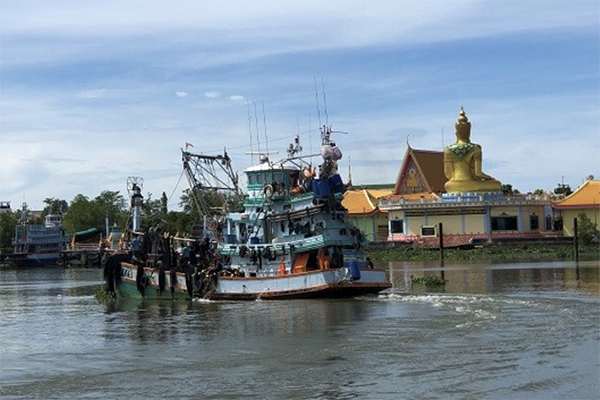
MarinTrust has launched a framework for assessing complex multispecies fisheries, like many in Southeast Asia, which are difficult to manage and require an unconventional approach to certification.
Major adaptations are required for these regions and their fisheries if they are to meet expectations for responsibly sourced fishmeal and fish oil supplies, said Marin Trust in a release. Some highly complex fisheries have as many as 300 species that are regularly caught.
MarinTrust has begun by testing its criteria with two fisheries, which have applied the MarinTrust Multispecies Fishery Assessment and have used its structure to develop Fishery Improvement Projects (FIPs): the Gulf of Thailand mixed-trawl fishery and Vietnam’s Vung Tau multispecies fishery. Both FIPs are in the MarinTrust Improver Programme as part of the multispecies pilot project, which requires them to meet a series of time-bound improvement milestones to demonstrate positive improvements.
“A Multispecies Mixed Trawl Fishery Improvement Project is probably the most challenging assignment we have taken on so far. We are proud that the FIP Vung Tau project in Vietnam has been accepted onto the MarinTrust Improver Programme, even though we realize we still have a long way ahead of us,” said Kim Thanh, FIP coordinator for the Vung Tau trawl fishery.
The multispecies criteria were developed by experts in fishery science, based on best practice fisheries management as specified in international norms and guidelines.
“Managing multispecies fisheries of over [one] hundred species together is very challenging,” said Vorapong Iamtrakul, project director of the Gulf of Thailand Trawl Fishery Improvement Project. “The MarinTrust multispecies assessment criteria guides us through the areas we need to focus so that we become more confident on the right pathway for improving Thailand’s fishing sector, restoring aquatic resources, raising stakeholders’ awareness, and protecting our ocean.”
The effort in Thailand will bring together eight associations in Thailand’s seafood supply chain for the first time –Thai Fishmeal Producer Association, Thai Feed Mill Association, National Fishery Association of Thailand, Thai Overseas Fishery Association, Thai Food Processors’ Association, Thai Frozen Food Association, Thai Tuna Industry Association and Thai Shrimp Association.
“The emergence of this assessment methodology is truly something to celebrate,” said Dan Lee, standards coordinator and program integrity advisor at the Global Seafood Alliance and Chair of the Multispecies Pilot Steering Group (MPSG). “MarinTrust, its fishery experts and these pioneer fisheries are to be commended for their determination to find workable solutions to complex, real-world fishery problems.”
Follow the Advocate on Twitter @GSA_Advocate
Now that you've reached the end of the article ...
… please consider supporting GSA’s mission to advance responsible seafood practices through education, advocacy and third-party assurances. The Advocate aims to document the evolution of responsible seafood practices and share the expansive knowledge of our vast network of contributors.
By becoming a Global Seafood Alliance member, you’re ensuring that all of the pre-competitive work we do through member benefits, resources and events can continue. Individual membership costs just $50 a year.
Not a GSA member? Join us.
Author
-
Responsible Seafood Advocate
[103,114,111,46,100,111,111,102,97,101,115,108,97,98,111,108,103,64,114,111,116,105,100,101]
Tagged With
Related Posts
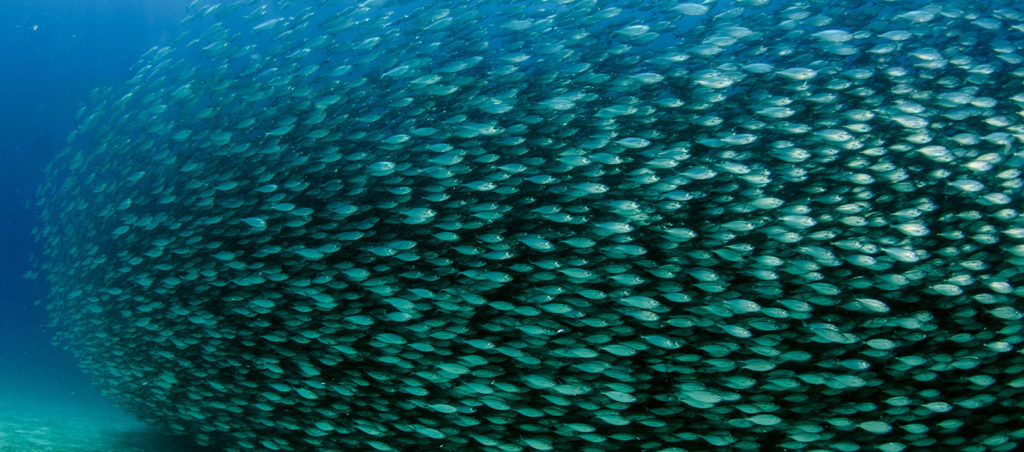
Aquafeeds
IFFO RS: Responsible fishmeal sourcing crucial for aquaculture
Libby Woodhatch says responsible sourcing and safe raw material production is “vital” if fishmeal and fish oil are to remain credible aquafeed ingredients.
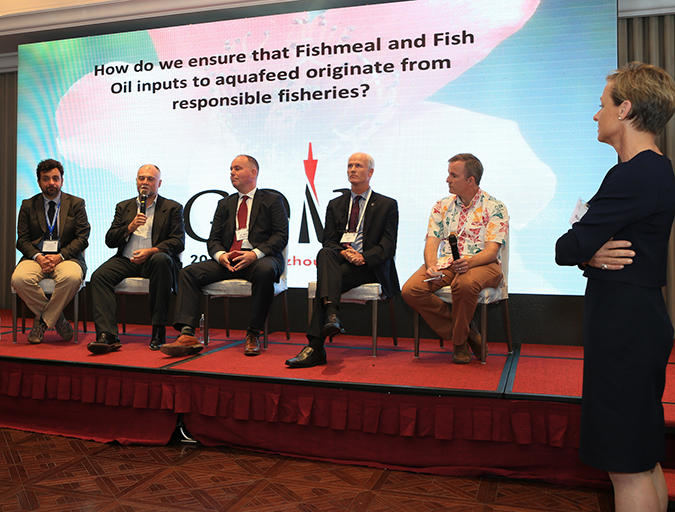
Aquafeeds
Taking on the task of sourcing fishmeal, fish oil responsibly
During an informative pre-GOAL special session, several marine ingredient and aquaculture experts discussed the challenges of responsible sourcing of fishmeal and fish oil supplies – essential ingredients in the aquaculture industry’s explosive growth over the past three decades and its future prospects.
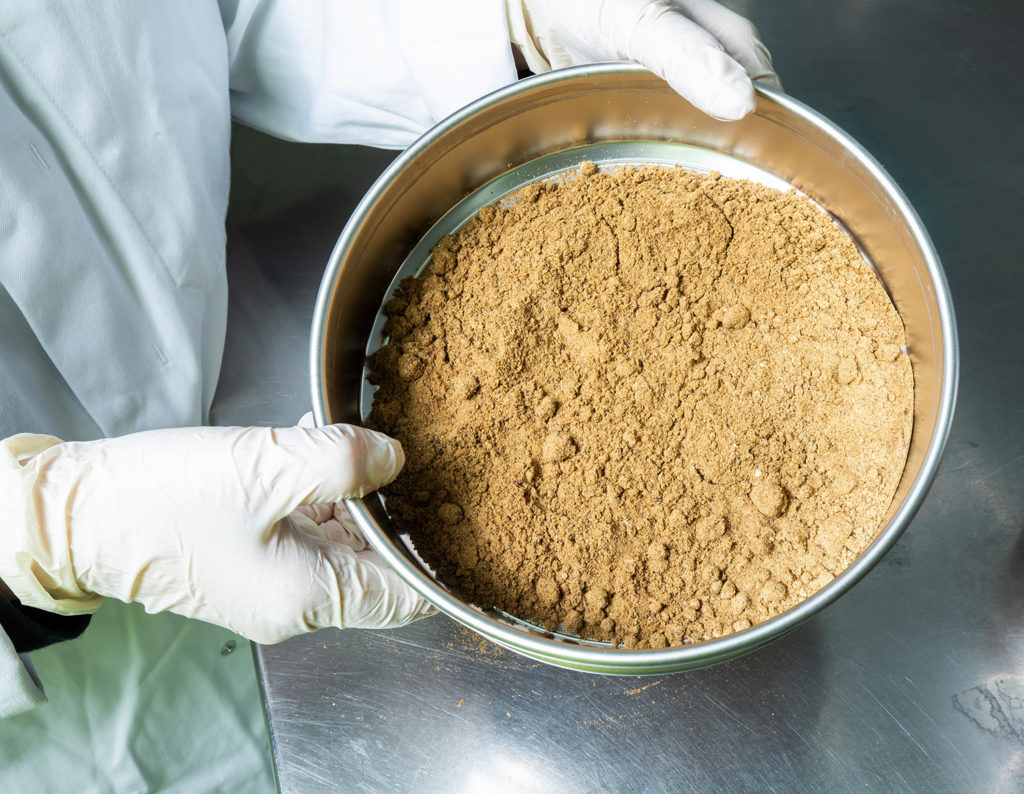
Aquafeeds
Counterpoint: Marine ingredients are stable in volume, strategic in aquaculture nutrition
IFFO Director General Petter M. Johannessen says fishmeal and fish oil offer unmatched nutrition and benefits to fuel aquaculture’s growth trajectory.
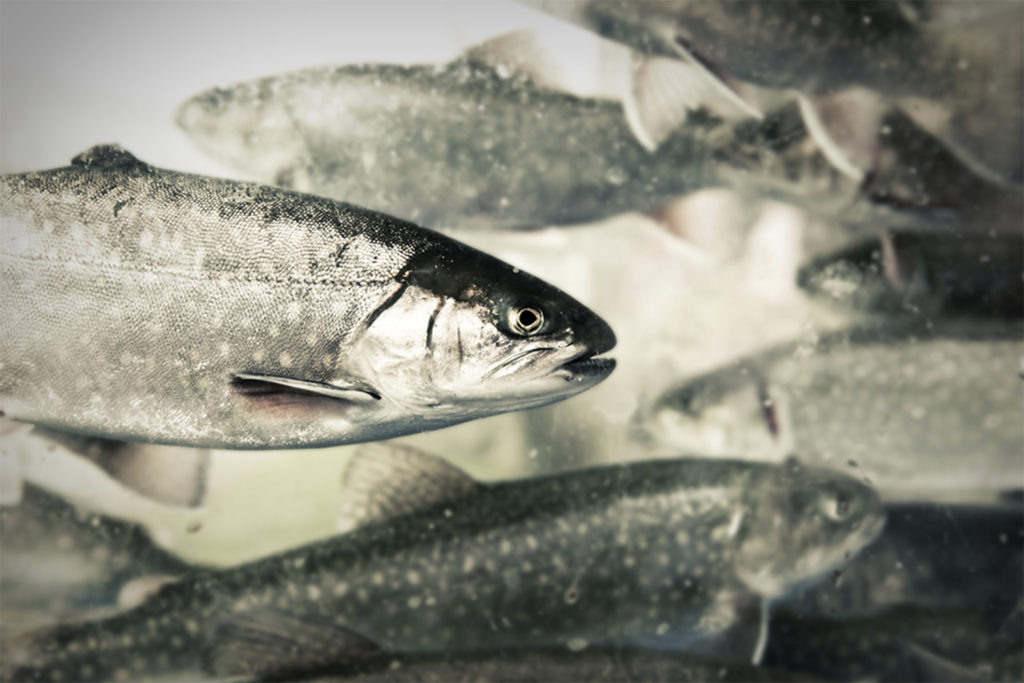
Aquafeeds
Point: There are no essential ingredients in aquaculture feeds
Kevin Fitzsimmons, leader of the F3 (fish-free feed) Challenge, says aquaculture may currently depend on fishmeal and fish oil, but farmed fish do not.



